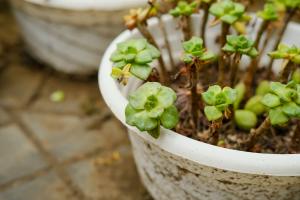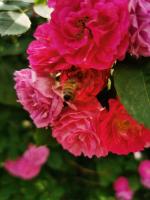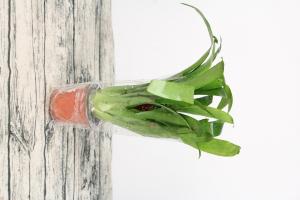Introduction
Venus fly traps (Dionaea muscipula) are carnivorous plants that have fascinated people for generations. These plants are native to the swamps of North and South Carolina and are becoming increasingly popular as house plants. But are Venus fly traps really good house plants? In this article, we will discuss the pros and cons of keeping Venus fly traps indoors.
Pros of keeping Venus fly traps as house plants
Venus fly traps make great conversation starters and are a unique addition to any home. They are low maintenance and can survive in a variety of lighting conditions, making them ideal for novice gardeners lacking a green thumb. Additionally, Venus fly traps are natural pest control agents, as they feed on insects that may otherwise become a nuisance in your home.
Cons of keeping Venus fly traps as house plants
While Venus fly traps are fascinating and easy to care for, they do have some drawbacks as house plants. The first is that they require a high level of humidity, which can be difficult to achieve indoors. If the air in your home is too dry, your plant may experience health problems, such as dried-out leaves and a slowing of its digestive processes. Additionally, these plants require a lot of light, and most indoor environments do not provide enough. Without sufficient light, your Venus fly trap may stop growing and eventually die.
How to care for indoor Venus fly traps
Despite their high humidity and lighting requirements, Venus fly traps can thrive indoors if you provide them with the proper care. Start by choosing a planter with good drainage and a soil mix that is slightly acidic. Water your Venus fly trap with distilled or rainwater, as tap water can contain minerals that can harm your plant. Keep your plant in a humid environment, such as a terrarium or enclosed glass container, and place it in a sunny window that receives at least four to six hours of direct sunlight each day. Do not fertilize your Venus fly trap, as it is a carnivorous plant that derives most of its nutrients from capturing and digesting insects.
Conclusion
In summary, Venus fly traps can be good house plants, provided you are willing to meet their high humidity and lighting requirements. These plants are easy to care for and make interesting conversation starters, but they do require specific conditions to thrive. If you are up for the challenge, consider adding a Venus fly trap to your indoor plant collection and enjoy the unique characteristics of this carnivorous plant.

 how many times do yo...
how many times do yo... how many planted tre...
how many planted tre... how many pine trees ...
how many pine trees ... how many pecan trees...
how many pecan trees... how many plants comp...
how many plants comp... how many plants can ...
how many plants can ... how many plants and ...
how many plants and ... how many pepper plan...
how many pepper plan...






























